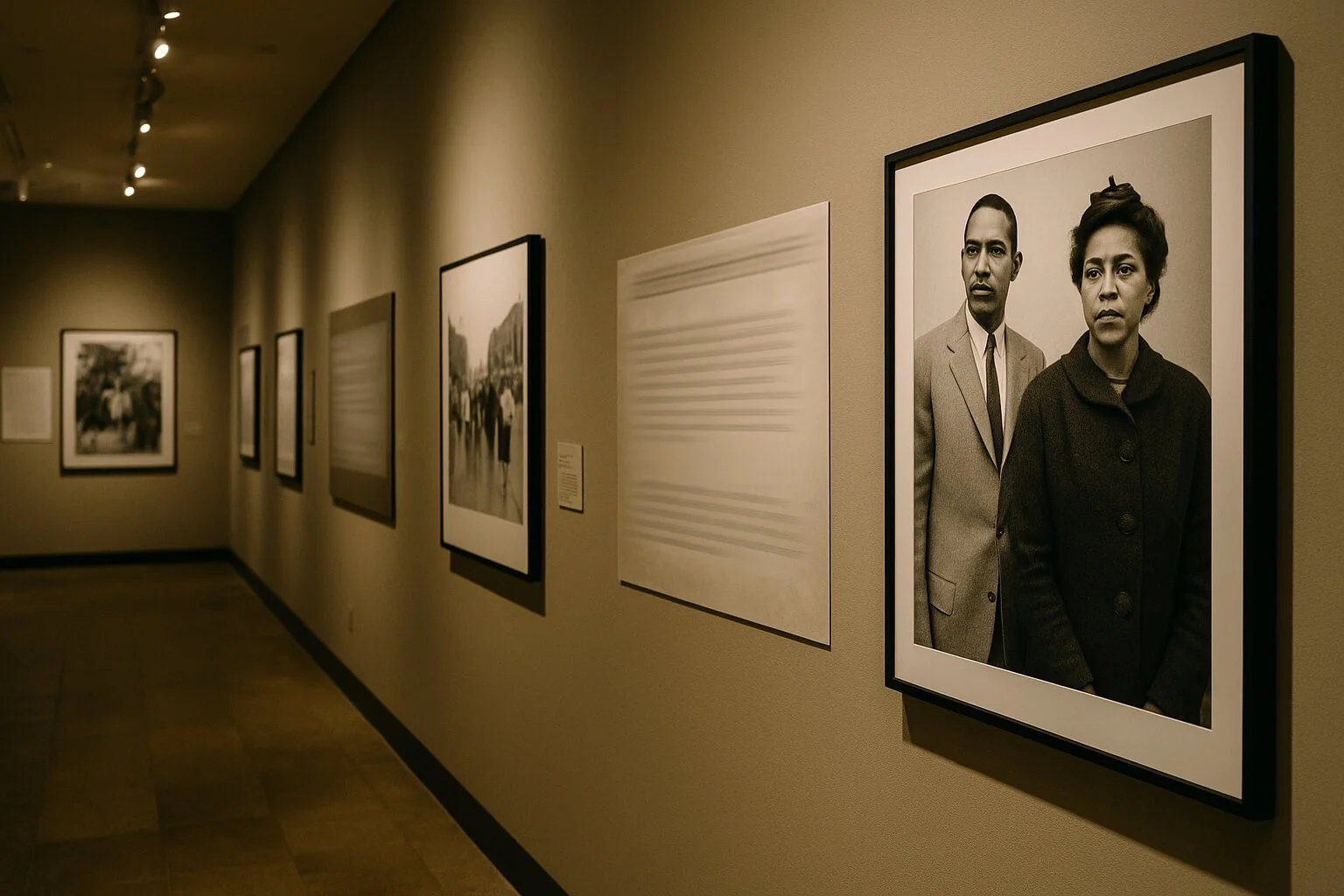When Curation Becomes Censorship: Why Regional Museums Matter More Than Ever
This summer, the Smithsonian has been placed under direct political pressure unlike anything in its modern history. The current administration issued an executive order directing curators to revise or remove exhibitions that deal frankly with slavery, racism, and other “divisive” subjects. In August, the White House even released a public list of seven Smithsonian museums, singling out the National Museum of African American History and Culture for what it called an excessive focus on “how bad slavery was.” Exhibit texts using terms such as systemic racism were flagged for “correction” in the name of balance.
All museums curate. Selection is part of the work. But when those choices are dictated not by evidence, scholarship, and historical truth but by political decree, curation slides into censorship. And censorship at the Smithsonian matters profoundly, because what disappears from its galleries reshapes the narrative millions of visitors assume to be authoritative.
The Long-Term Dangers
The immediate effect is obvious: silencing or softening the history of Black Americans. But the long-term consequences run deeper:
A generation misinformed. If young people visit the Smithsonian and see slavery downplayed, racism minimized, or civil rights victories stripped of their cost, they inherit a distorted view of the American story.
A chilling effect on all museums. When curators know their careers or funding may depend on avoiding “controversial” topics, entire areas of history are left unexplored.
A precedent set. If one administration can edit the past to suit its politics, so can the next. History becomes less about truth and more about power.
Why Regional Museums Are Critical
No museum is immune to pressure. State legislatures and local politics can be as forceful as federal directives. But what regional museums provide is a diverse ecosystem of memory. If one institution is compromised, others can still carry the story forward.
At the Northeast Louisiana Delta African-American Heritage Museum, our responsibility is to this community—but also to the historical record itself. We know “local memory” can be contested, selective, or uncomfortable. That’s why our mission is to be accountable first to the documented evidence and the voices preserved in our collections, even when they complicate familiar narratives.
This is why regional institutions matter. Together, we form a network of historical guardians. Where one archive is silenced, another can speak. Where one story is suppressed, another can surface.
The Call to Our Community
In this moment, our role is clear: to preserve what others may attempt to erase. But we cannot do this work alone. Membership is not just symbolic—it is a lifeline. By becoming a member of the Northeast Louisiana Delta African-American Heritage Museum, you strengthen the fabric of this wider ecosystem. You ensure that our region continues to preserve and present the full truth of Black history in the Delta, regardless of political shifts in Washington or Baton Rouge.
👉 Become a member today. Stand with us in protecting truth, defending heritage, and ensuring that future generations inherit a history that is whole, honest, and alive.



